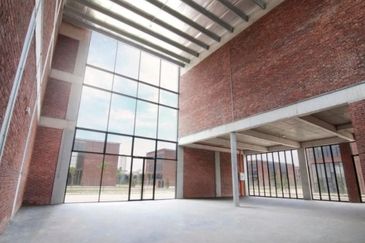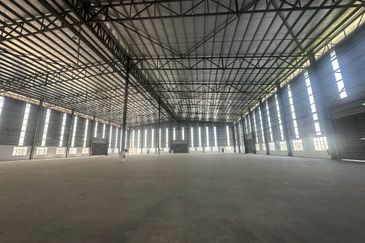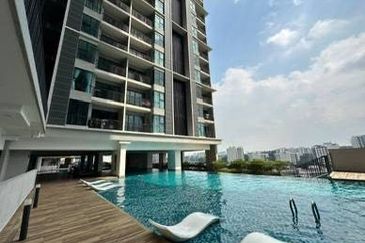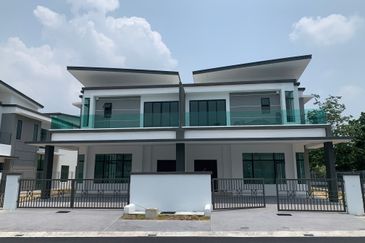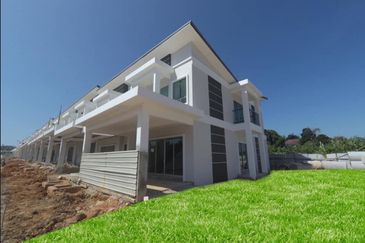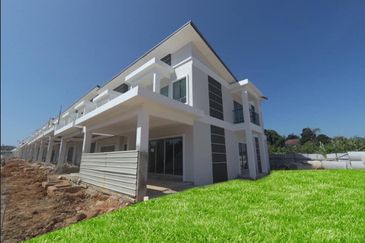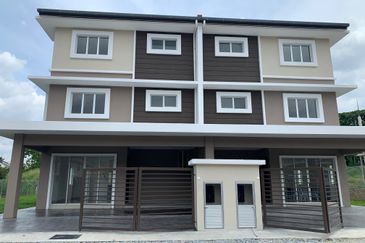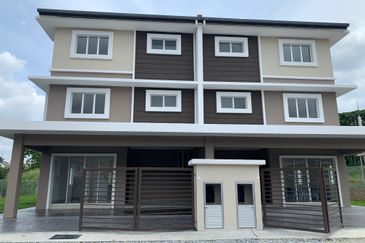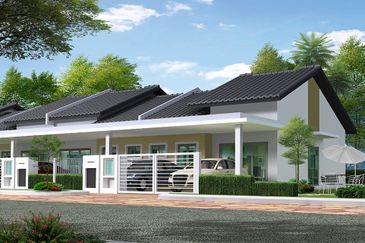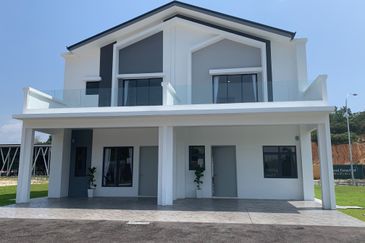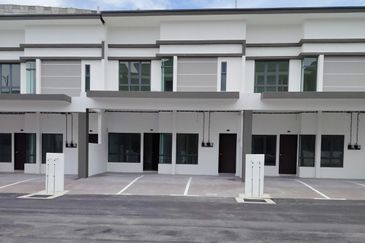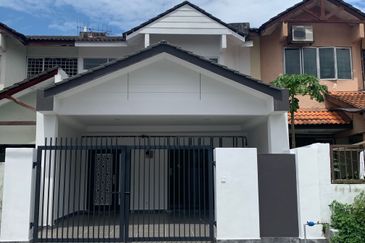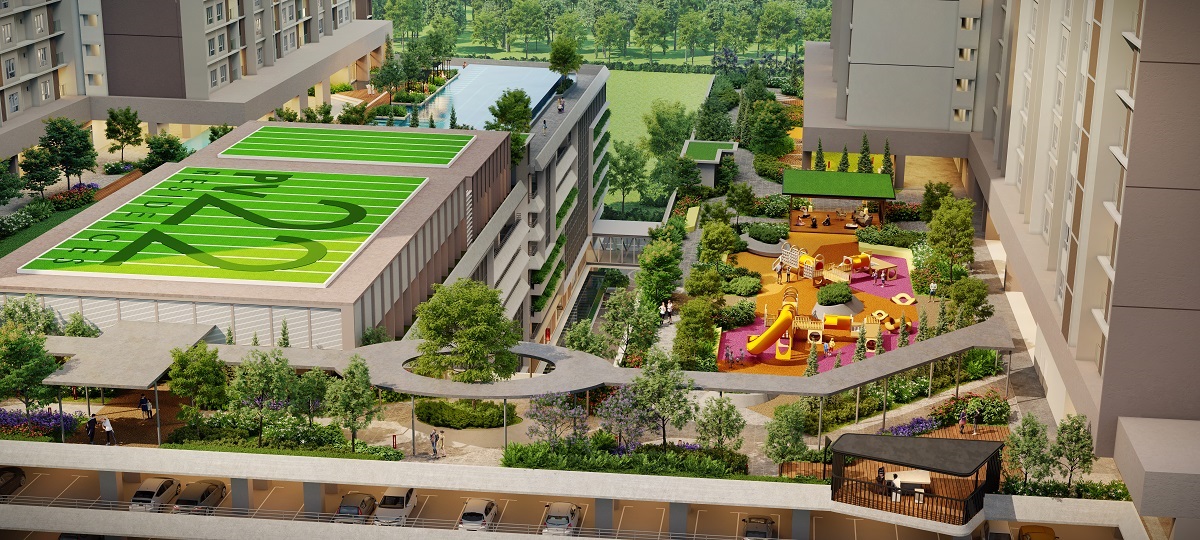 KUALA LUMPUR (April 27): Treasury secretary-general Tan Sri Dr Mohd Irwan Serigar Abdullah said the supply of affordable housing is not sufficient to meet demand.
KUALA LUMPUR (April 27): Treasury secretary-general Tan Sri Dr Mohd Irwan Serigar Abdullah said the supply of affordable housing is not sufficient to meet demand.
He added that some developers prefer to build high-end projects for higher profit margins.
“We [government] will talk to the developers about this and encourage them to build more affordable homes to cater to the needs of the people,” he told reporters after officiating the opening of the International Real Estate Research Symposium (IRERS 2016) here today. IRERS is organised by the Valuation and Property Services Department (JPPH) of the Finance Ministry.
He noted that Khazanah is working with UEM Group on a pilot project to build affordable homes for the low to medium income groups by using the Industrialised Building System (IBS).
“Through the pilot project, we could evaluate the building cost and efficiency. If it works well, there will be a significant increase in the supply of affordable homes in the future,” he added.
As at end-2015, some 45,713 units of affordable homes had been completed while 61,963 were under construction under different affordable housing programmes such as the 1Malaysia People’s Housing Programme (PR1MA), the People’s Housing Programme (PPR), Rumah Mesra Rakyat 1Malaysia and Rumah Idaman Rakyat.
On the current household debt situation, Irwan said the non-performing loans (NPL) rate remained low although household debts have exceeded 80% of the country’s gross domestic product (GDP).
“Most of the borrowings are housing loans. A low level of NPL means that people still have the ability to repay their loans. However, the government will watch the [household debt level] closely,” he added.
According to Standard & Poor’s data, the banking sector recorded 1.17% in NPLs (of total loans) in April.
Malaysia’s household debt amounted to 87.9% of the GDP as at December last year, the highest level in Southeast Asia.
On market conditions, Irwan noted that the government will continue to provide allocations for infrastructure development and real estate industry research that could help spur the growth of both sectors.
He said the construction sector is the key to economic growth as it could be the catalyst for growth in over 100 sub-sectors, including manufacturing, retail and services.
“The kick-off of the Mass Rapid Transit Line (MRT) 2 and MRT 3 as well as the Pan Borneo Highway, which connects Kuching in Sarawak to Tawau in Sabah, could spur more property developments along the highways, bringing more opportunities to industry players,” he explained.
TOP PICKS BY EDGEPROP

Aira Residence
Damansara Heights, Kuala Lumpur

Aira Residence
Damansara Heights, Kuala Lumpur
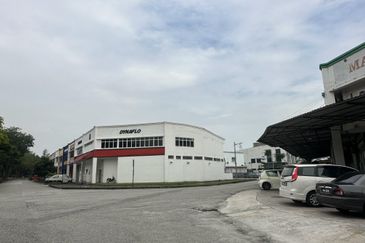
Taman Perindustrian UEP
Subang Jaya, Selangor
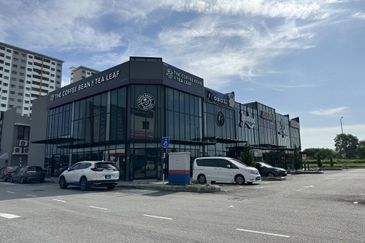
Bandar Bukit Raja
Bandar Bukit Raja, Selangor
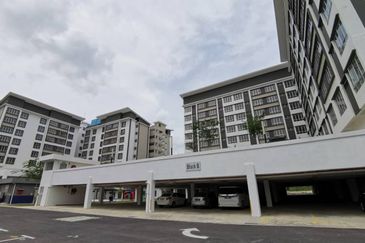
Vista Sri Tanjung Condominium
Semenyih, Selangor

